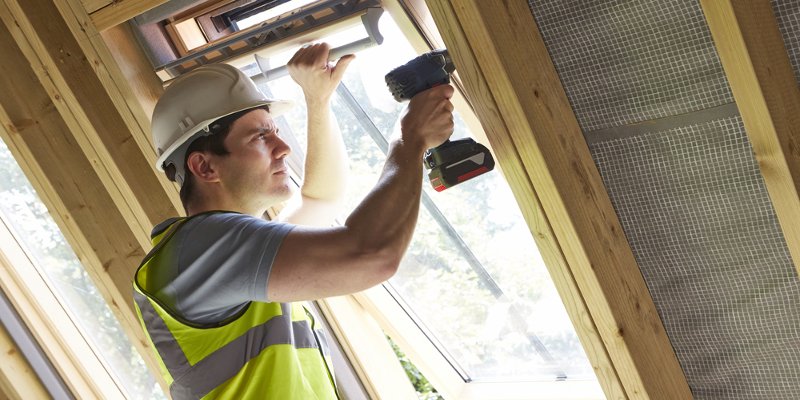Installing a conservatory increases the price of a property by £14,062.

Adding a conservatory is the most cost-effective way of adding value to a property, tradespeople comparison siteHaMuch.comhas revealed.
Installing a conservatory costs £6,675 but increases the price by £14,062, or 6%. This means it increases the property value by £7,387 after factoring in the money spent on the installation.
Tarquin Purdie, founder and chief executive of HaMuch.com, said: “Revamping your property is a viable alternative to moving to a bigger home and you don’t have to worry about associated costs above and beyond the price of a job while moving will include other costs such as stamp duty.
“Improving your home can also help increase its value in the event that you are looking to sell and adding a conservatory is the most cost-effective way of increasing your property’s value.
“However, not every improvement will add value so it’s worth researching first, although if you want to make a guaranteed difference to your home’s value, a loft conversion is the way to go despite the high up-front costs.”
Other value-for-money home improvements include installing a kitchen, which adds £4,890 of value after taking costs into account.
Meanwhile conducting an all-over redecoration adds £4,765 to the house price after costs.
Furthermore, converting the loft into a living area increases the property value by 10.8%, or £25,312, but it costs an estimated £21,000 and requires planning permission.
Adding solar panels and landscaping the garden makes less of a difference.
Solar panels cost £4,000 to install and only increase a property’s value by £1,172, or 0.5% while landscaping the garden raises the value by £3,281 and the landscaping costs £3,000.
Purdie added: “Solar panels are the only improvement where you lose money in terms of adding immediate value, but if you aren’t looking to sell, you should be able to profit from lower electricity bills on a longer-term basis, and that’s not to mention the obvious environmental benefits.”



